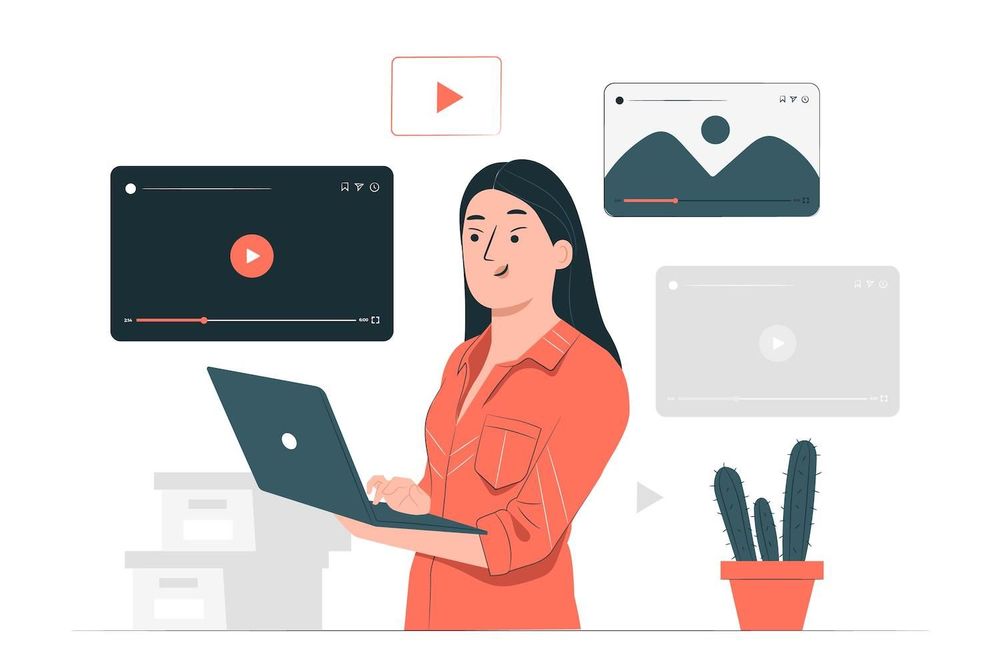What is the most epic App Store Looking for? App Stores Which other Game Developers Really Want? -
The mobile app and game creators fight to breathe in the face of duopoly taxes, which is 30 percent of players' costs to cover the majority of revenue generated by mobile games around the world, Epic Games has emerged as the leading gaming company in the battle to make open-source computing available for mobile devices.
Privately, both big and smaller studios asked what they would like to hear, and here are the answers they wanted to be heard.
Slow decrease in background information of Open Computing, and the 30% tax on apps
Computing has become more flexible as it has become in recent times. In the past developers and game designers used the open computing of PC and Mac platforms. This allowed designers to design games the way they want and also to communicate immediately with clients and select payment methods that are most suitable for their needs. It was not a barrier to entry, only computers, individuals or a game played online. It's a different world.
At present, over half of the time spent on screens for work is performed on mobile devices- increasing shareas, and more than 90 percent of world's smartphone market shares is shared equally by Apple as well as Google. The dominance of mobile-based market shares along with the restrictive control on distribution of games as well as e-commerce. the possibilities of computerization can be in danger like never before and is bringing huge costs for both the players and users.
This is the reality that both Google and Apple's app stores require a 30 percent charge for games and other games related items that are distributed through the respective platform. Apple has the sole authority on the distribution of games and online shopping for iOS devices. Contrary to this, Google permits OEM marketplace games and apps to be loaded onto mobile devices with sidesloading. However, it severely limits third-party payment options for games that are sold through Google Play.
Google Play does offer a third-party integration of payments with a restricted number of game makers through"user option billing. " user choice billing" pilot; however "user billing via option" is a high-cost, perpetual market fees of 26%, even if you use the preferred payment processor, and you assume all the risk and obligations related to the process of payment.
What's resulted from Apple as well as Google's dominance over large a portion of the market globally is the 30 percent tax defaulted for mobile applications and games are charged by users and isn't considered when game developers games and hinders the freedom to trade and computer. Due to the dominance over open computing game developers both large and small feel that is an appropriate time to alter their games.
What do game developers who aren't Epic Want?
Our team of office workers embarked upon a the journey of a month to talk with game developers both small and large about things they'd like to see happen within the rules of the mobile store apps. While not all were at the same place with regard to all issues The following are the top three issues they voiced the desire to have:
1. iOS to support sideloading games that do not display screen warnings.
iOS can be restricted in time to "sideloading" applications and games. Sideloading involves moving apps downloaded from the App Store, from the official website of the developer, or from an alternative marketplace. The process allows players to buy games, and allows developers to advertise and sell games in the way that the developer chooses and the user consents. Android is able to support sideloading apps but only with the incredibly scathing warnings that appear in "scare screens" which inform people using phones of the dangers related to "downloading software through on the web." A majority of game creators we spoke with believed that Apple could allow sideloading. Additionally, they believed it was important to make sure that Apple together with Google do not utilize auto-serving and over-the-top screen that criticize the accessibility of apps beyond the store that they control.
2. It is possible to enjoy Unlimited "steering" in addition as an integrated payment through the use of a third party platform for payment.
Both Google and Apple restrict pricing and purchase choices that can be found on payment systems that are third party and don't appear in the app store. The same item may be made available to the market at a reduced cost to the user However, game designers aren't able to direct customers towards this alternative and/or link to additional purchasing experiences or incorporate purchases made by third parties into their game. Although many game designers have realized the advantages of payments made with merchants, the traditional approach was to provide players and developers with the option of avoiding restrictions on integrated payments.
3. Costs are 0% on steering or embedded payments.
The ability to make embedded or steering payments is a thing. However, similar to it to it is Google "user preference billing" pilot. The ability to take a choice in addition to the financial motivation for doing this are two different aspects. For instance, in the context of "user preference billing" offering a massive cost of $26 for transactions conducted through third-party payment service companies and their charges for offerings, it's not an uncost-free benefit to the majority of game developers. Interviews with game developers discovered that they felt that 0% was an appropriate decrease in transactions not made via an application store. But the majority of them focused on app-specific transactions that could help drive the downloading and use of games. Naturally, an amount that is 26% of every transaction that is made by a third party was not the way that developers believed was fair.
What's next?
Although there are a variety of subtle desires about the operation of apps, which developers of games are interested in knowing about, three of these desires are fundamental to the issues they believe developers can be the catalyst for real change for open computing on mobile devices.
About

David Nachman David serves as the chief executive officer of an established and reliable supplier of E-commerce solutions for software companies. David is responsible for overseeing the company's expansion and building upon its long-standing reputation of providing the best e-commerce services in the rapidly growing market for software. In the previous twenty years David held a number of roles ranging from functional vice-president to CEO in firms that saw significant growth like Vision, Velocify, and HireRight.
The post first appeared on here
Article was posted on here
Article was first seen on here
